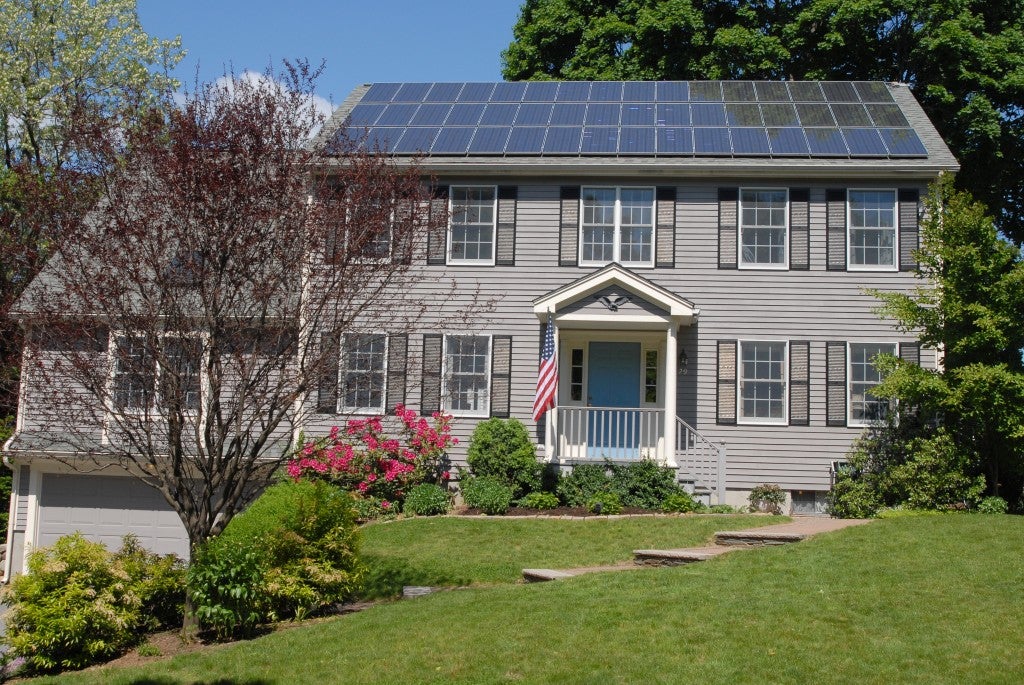 Earlier this month, the United States announced a major step forward in addressing air quality concerns and climate change threats to Latinos. I’m talking about the Clean Power Plan, which establishes the first-ever national limits on carbon pollution from powerplants and places us on a path to heed Pope Francis’s call to protect our planet.
Earlier this month, the United States announced a major step forward in addressing air quality concerns and climate change threats to Latinos. I’m talking about the Clean Power Plan, which establishes the first-ever national limits on carbon pollution from powerplants and places us on a path to heed Pope Francis’s call to protect our planet.
Unfortunately, critics began attacking the plan even before it was final. Some of these attacks have targeted the Latino community in particular, arguing that the Clean Power Plan will disproportionately and negatively harm Latinos. These are baseless claims and arguments that have been debunked by experts.
When the Clean Power Plan takes full effect, Latinos will be among the many Americans who will share in the benefits of a cleaner, healthier future that also affords us good jobs and energy savings. Read More













